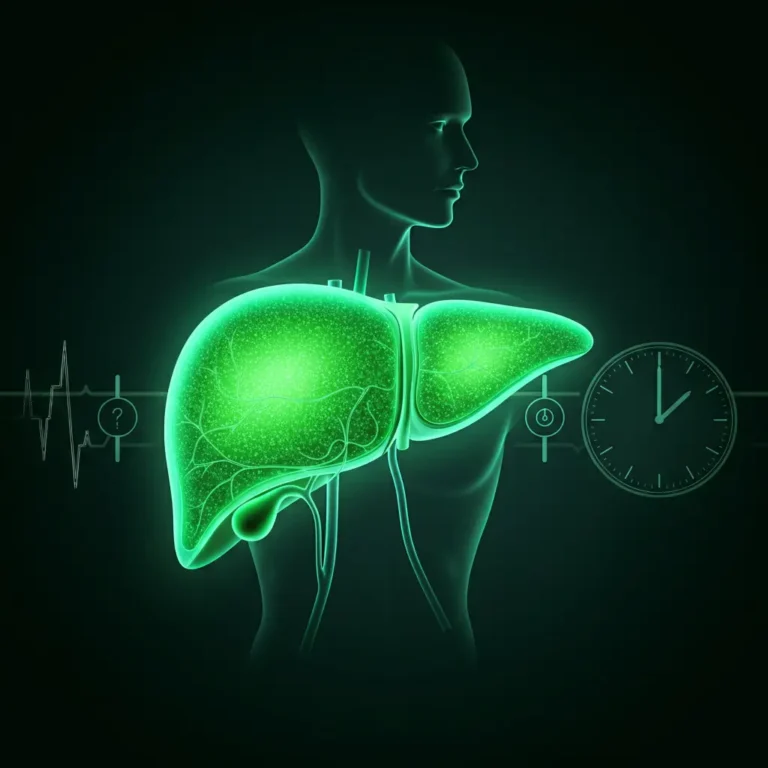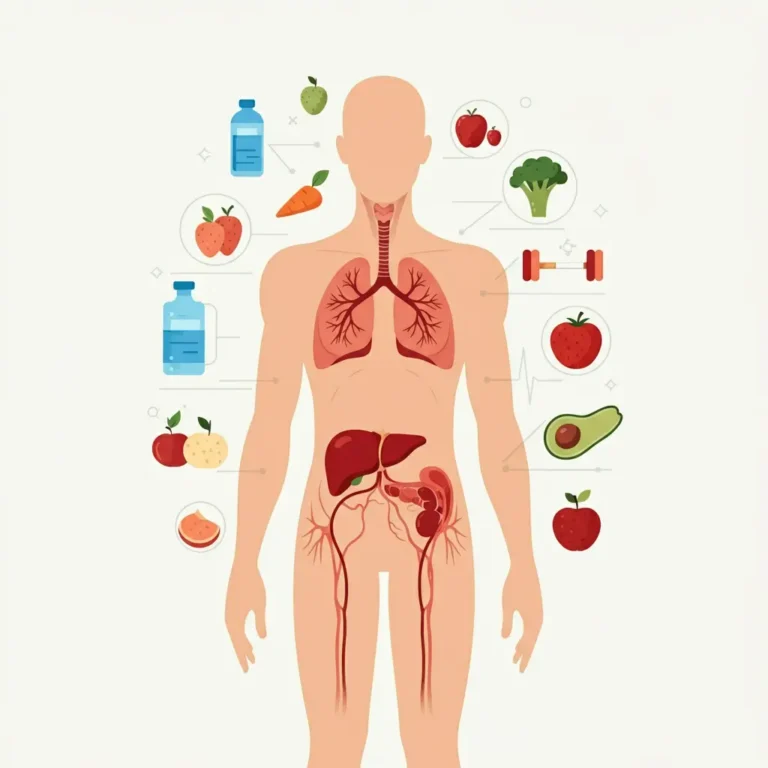How Long Does It Take to Build Muscle?
Building muscle takes time, dedication, and consistency. Whether you’re a beginner or returning to fitness after a break, understanding the timeline of muscle growth can help manage expectations and keep you motivated. Let’s explore what it takes to achieve your goals.
Table of Contents
Introduction to Muscle Building
When you start working out, it’s natural to wonder how long it will take before you see results. The answer largely depends on multiple factors like your starting fitness level, diet, workout consistency, and overall body composition.
Most people start noticing changes in muscle size and strength within 6 to 8 weeks of consistent training. However, the timeline varies widely from person to person. Some may see faster changes, while others might take longer.
Factors That Influence Muscle Growth
Several factors determine the rate at which your muscles grow:
- Age: Younger individuals often build muscle faster due to higher levels of hormones like testosterone.
- Diet: Eating sufficient protein, calories, and nutrients supports muscle repair and growth.
- Training Intensity: Consistently challenging your muscles stimulates growth.
- Sleep Quality: Recovery happens during sleep, making rest as important as exercise.
Understanding these aspects allows you to optimize your training and nutrition plan for faster results.
Beginner vs. Experienced Lifters
If you’re new to resistance training, you’re likely to experience what’s called “newbie gains.” This phenomenon occurs because your body isn’t accustomed to the workload, so muscle adaptation happens quickly. For most beginners, this rapid growth phase lasts about 6 months.
Experienced lifters, however, usually see slower progress as their bodies have already adapted to regular exercise and require more specific strategies to stimulate further growth.
The Role of Genetics in Building Muscle
Genetics is an often-overlooked part of muscle building. Your muscle fiber type, overall bone structure, and hormonal profile play a significant role in determining how quickly you’ll see progress. While you can’t change your genes, knowing how they affect your muscle growth can help set achievable goals.
The Importance of Nutrition for Muscle Growth
Your diet is just as important as your workouts when it comes to building muscle. Here’s a breakdown of essential nutrients:
- Protein: Helps repair and build muscle tissue. Aim for about 0.7 to 1 gram of protein per pound of body weight.
- Carbohydrates: Fuel your workouts and aid recovery.
- Fats: Support overall health and hormonal balance.
- Water: Staying hydrated is essential for optimal muscle function.
Consistently eating a balanced diet will support muscle recovery and promote gains.
Strength Training and Muscle Hypertrophy
Muscle hypertrophy refers to the growth of muscle fibers through consistent resistance training. Workouts that focus on both volume (higher reps and sets) and intensity (lifting heavier weights) are highly effective.
A good rule is to train each muscle group two or three times per week and progressively increase the weights to keep challenging your muscles.
Rest and Recovery in Muscle Development
Muscles grow not while you’re lifting but during rest periods. Recovery is when your body repairs damaged muscle fibers, making them larger and stronger. Prioritize:
- 7-9 hours of quality sleep per night
- Rest days to prevent overtraining
- Activities like stretching or foam rolling to reduce muscle soreness
Tracking Progress and Setting Realistic Goals
Measuring your progress can boost motivation and show how far you’ve come. Some ways to track growth include:
- Taking weekly progress photos
- Recording workout performance (weights lifted, reps completed)
- Measuring muscle size with a tape measure
Setting small, achievable goals ensures steady progress without frustration.
Effective Training Programs to Build Muscle
Here are three common training programs:
- Push-Pull-Legs Split: Focuses on related muscle groups together for balanced development.
- Upper-Lower Split: Splits the week into upper and lower body workouts.
- Full-Body Training: Works all major muscle groups multiple times a week, ideal for beginners.
Common Mistakes That Slow Muscle Gains
Avoid these errors to maximize your progress:
- Overtraining without adequate rest
- Neglecting proper form and technique
- Skipping warm-ups and cool-downs
- Not eating enough nutritious food
Can You Build Muscle Without a Gym?
Yes, you can build muscle at home using bodyweight exercises like push-ups, pull-ups, and squats. Resistance bands and free weights can also make home workouts more challenging.
Supplements and Muscle Growth
While not necessary, some supplements can enhance your results:
- Protein Powders: Convenient for meeting daily protein needs.
- Creatine: Improves strength and power during workouts.
- Branched-Chain Amino Acids (BCAAs): Supports muscle recovery.
Always consult with a healthcare provider before starting supplements.
Muscle Gains Through Age and Gender
Muscle-building capacity changes with age. Although younger adults may gain muscle more quickly, older individuals can still achieve excellent results with consistent effort. Men often gain muscle faster due to higher levels of testosterone, but women can also build significant strength and definition.
How Lifestyle Choices Impact Muscle Growth
Factors like stress, alcohol intake, and lack of sleep can hinder muscle growth. Prioritize a healthy, balanced lifestyle to support consistent progress.
FAQs About Muscle Building
How long does it take for muscles to get noticeable?
For most people, noticeable growth occurs within 6 to 8 weeks of consistent training and proper nutrition.
Can I build muscle with bodyweight exercises?
Yes, bodyweight workouts like push-ups and planks are effective, especially for beginners.
How much protein should I eat daily to build muscle?
Aim for 0.7 to 1 gram of protein per pound of body weight.
Will skipping rest days slow my progress?
Yes, rest is crucial for recovery and growth. Overtraining can lead to injuries and stalled results.
Do women build muscle slower than men?
Women may build muscle at a slightly slower pace due to hormonal differences but can still achieve impressive results with consistent effort.
By following a well-rounded plan that includes effective workouts, proper nutrition, and rest, you’ll be well on your way to building a more substantial, healthier body.







